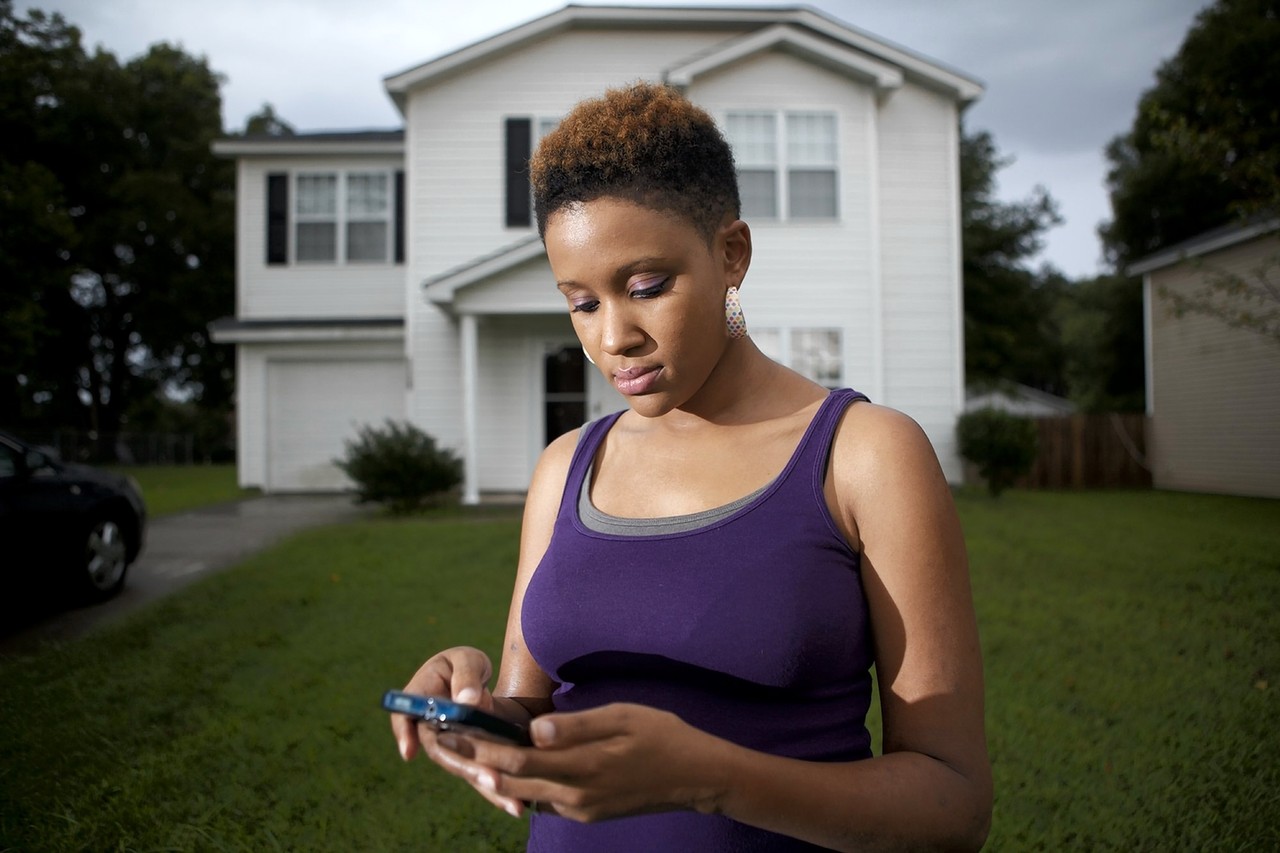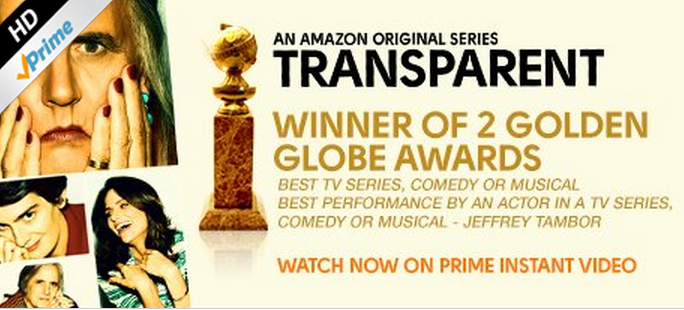Read original story on: Gigaom
Ford unveiled the newest update of its AppLink system, and one key highlight is its capability to support third-party navigation apps, including Google Maps, Waze, or even Apple Maps, if that’s what you prefer. As most automakers tend to limit in-car navigation to their own embedded OEM nav systems, Ford’s move here will not only save its customers a few bucks on subscription fees, it also points to a more platform-neutral future for connected cars.





